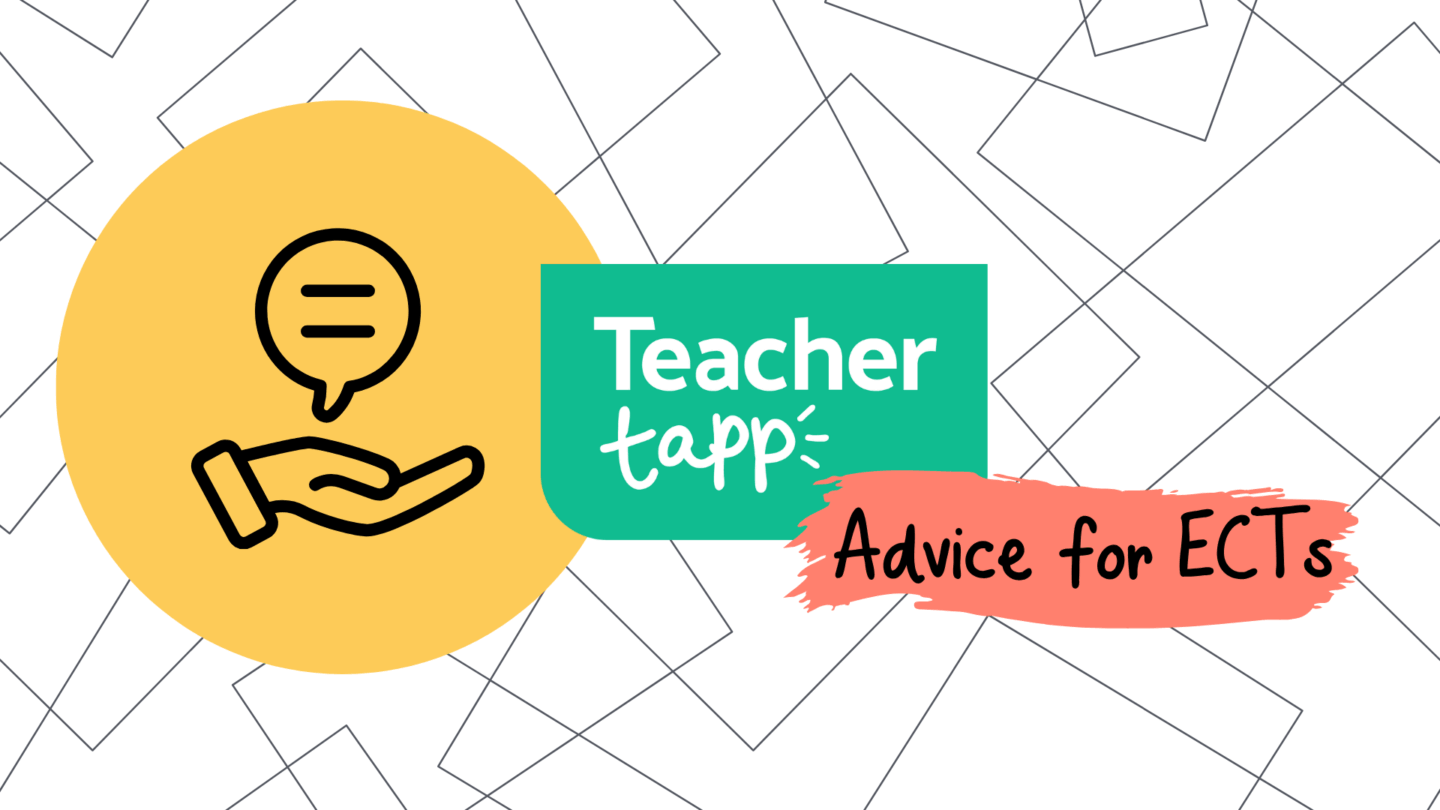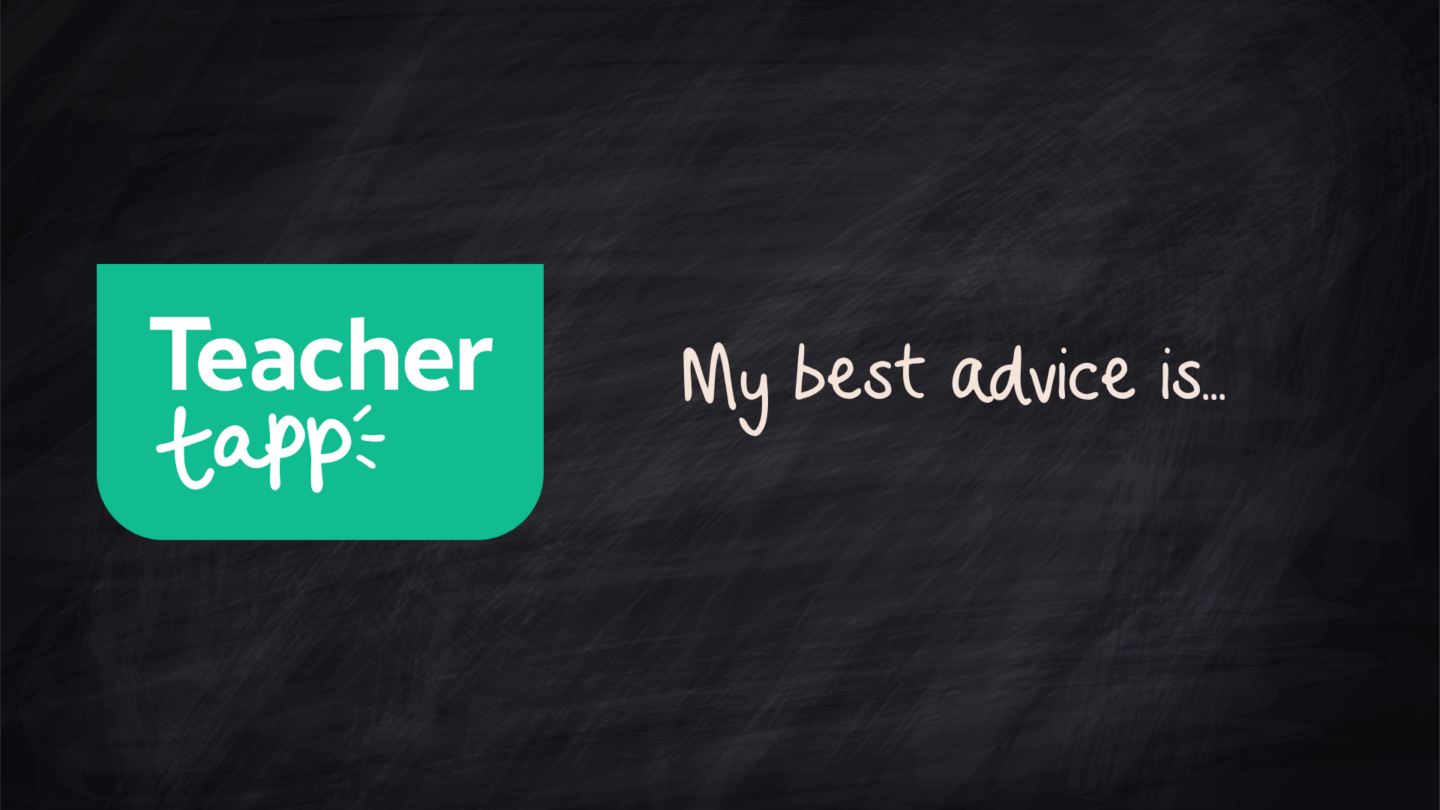During the May half-term, 1,653 of you answered a UCL/Teacher Tapp survey about primary teachers experiences of lockdown and school re-openings. In this blog, Gemma Moss of UCL summarises the eight key messages you gave policy-makers.
1. ‘Schooling’ is about much more than learning
Pupils’ well-being and their capacity to learn are strongly interlinked. In communicating with families, our respondents care as much about supporting pupil and family well-being as setting teaching tasks.
2. The duty of care falls unevenly across schools
Lockdown causes particular concern when children face stressful conditions at home: overcrowding, no access to outside space, family members with poor mental health, not enough food. All of these matter. They make a difference to what children can do. Schools recognise this and headteachers in particular went to considerable lengths to support families facing hardship. Those teachers working in the most deprived communities, in comparison to teachers working in the least, were more involved in tasks not traditionally regarded as teaching, e.g. running a food bank, delivering food parcels or meal voucher distribution. In the absence of other welfare organisations on the ground and able to act, schools remain an important part of the fabric of social care within local communities, and acted as important hubs for children and their families during this time.
3. Teaching during lockdown adapted to the novel home-learning context
In adapting their teaching to meet the needs of children learning at home, teachers prioritised tasks that would be engaging and motivating as well as purposeful, and in the case of younger children, fun tasks that could engage the whole family. Maintaining prior learning was more important during lockdown than keeping to school plans for curriculum coverage. Teachers working with the most deprived communities placed a higher priority on ensuring those without access to the internet still has opportunities to learn. Delivering hard copy resources was an obvious alternative.
4. The literacy activities set reflected the balance of the curriculum
Teachers set children a range of core literacy curriculum tasks during lockdown. These varied by age, with phonics, spelling and grammar tasks (SPAG) and reading for pleasure most frequently set in KS1; and reading for pleasure, reading comprehension and open-ended writing tasks most frequently set in KS2. Tasks to stimulate speaking and listening at home were almost twice as likely to be set in KS1.
5. The effects of lockdown differ according to the social circumstances of the school
Teachers are far more likely to feel that home schooling has been successful in the least deprived communities, though it is interesting to note that even there just 33% of teachers say it was successful for most students. Concerns about the impact of home schooling reflect teacher perceptions of time spent studying during lockdown, with teachers working with the most disadvantaged communities saying their typical student was studying for less than one hour a day. This may well explain the priority teachers gave to setting tasks that would engage and motivate pupils and could be successfully tackled with the support available at home.
6. The social and emotional needs of children and their families are at the forefront of teachers’ minds
Teachers’ priorities as schools began to reopen were for children’s well-being and schools being able to provide a safe return to settled routines rather than catch-up and transition to the next academic year. Teachers thought parents would have similar priorities to themselves. Well-being and learning are very much connected in their answers. To learn children need to feel settled and safe. Those teaching in more disadvantaged schools felt that parents would be more concerned about their children staying safe; those in the least disadvantaged schools thought their parents would be more concerned about catching up.
7. Many teachers have gained a better understanding of their community through the crisis
The Covid-crisis and the experience of lockdown has given teachers a different perspective on home-school relationships. About half the teachers working in the more disadvantaged schools said they felt more aware of how poverty and overcrowding impacts on student lives; two-thirds of the same teachers were more aware of how difficult home learning was For those teaching in the least deprived schools, almost half have been reassured that parents are well able to support their children’s learning, while a quarter say they are more aware of how demanding parents can be. These types of insights into family life may well impact on how schools think about the support they offer pupils going forward.
8. Teachers do not want to return to ‘business as normal’ in September
This was one of the clearest survey findings. At the time of the survey, worries about pupil and parental well-being were high. Looking forward, teachers want greater recognition of the role schools play in building community resilience and think that this should be both recognised and funded (71%). They want primary education to begin again with a broader definition of curriculum values and purposes (72%). 75% recognise that schools in deprived communities operate particular difficulties and agree that “If testing and inspection goes ahead as normal next year, schools serving the most disadvantaged communities will be unfairly penalised”. Given the opportunity to choose between investing in online teaching (2%), a rapid catch up programme (3%), a recovery curriculum developed locally to meet each communities’ needs (22%), re-imagining primary education (28%) or recognising the difficulty of education on its own fixing structural inequalities in society (44%), a total of 94% of teachers wanted substantial change. Answers set a very different agenda from the government’s current priorities for the return to teaching in school in September. It remains to be seen what will happen when these very different visions for education collide at the start of the next academic year.
Gemma Moss, UCL, Institute of Education
This research was funded by UKRI/ESRC in response to the Covid-19 crisis.
You can find the full copy of the report here.
If you’d like to take part in a second survey, with more opportunities to reflect more broadly please follow this link.





